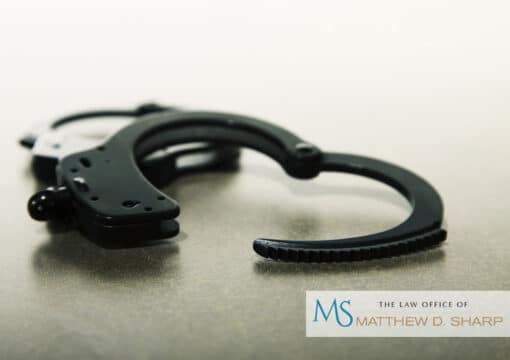Why do people falsely accuse someone of rape or sexual assault?

In recent years, there has been a tremendous amount of discussion on the subject of sexual assault. Much of the conversation on the subject was a result of the #MeToo movement, and little of the discussion has centered on false allegations of rape and sexual assault.
Despite the fear of false rape and sexual assault allegations, the reality is that false reporting of this nature is low according to the National Sexual Violence Resource Center.
Though rare, false accusations do occasionally happen.
When they do, here are some more common reasons underpinning most false accusation cases.
Main types of false allegation cases
Criminal justice and sexual violence authorities generally classify false allegation cases into 2 broad categories:
- False allegations accusations arising from false memories.
- False allegation cases stemming from a person making intentionally inaccurate allegations.
1. False memories of rape and sexual assault
From time to time, a person truly believes that he or she was the victim of sexual assault based on what psychologists refer to as “false memories.”
The human brain is complex. Indeed, entire disciplines exist to study the brain and its mechanics. Memories are generally thought to be a reliable recounting of something that actually, factually occurred. But in reality, there are many instances in which the brain creates false memories, according to Psychology Today.
Such a memory can feel so “real” to a person that it convinces them into believing that it is a factual recollection of an experienced event. One example of such a false memory is the erroneous memory of a rape or sexual assault that didn’t actually occur.
Allegations arising from false memory are most common among young children, who may have been manipulated by an adult to believe that they were sexually assaulted. Since childrens’ minds aren’t fully developed, they may be more vulnerable and susceptible to false memory implantation.
2. Intentionally false reporting of rape and sexual assault allegations
In a majority of false allegation cases, a person intentionally lies about being the victim of rape or sexual assault. Not only do they falsely claim to have been victimized, they may go so far as to file a police report. This false report can then progress further to the criminal prosecution of an innocent person in a sexual assault or rape case.
Though unthinkable, there exist a myriad of reasons why a person might falsely report a rape or sexual assault. Some of the more common of ulterior motivations we encounter include:
- Revenge
- Material (monetary) gain
- To create an alibi
- To express regret
- To generate sympathy
- To draw attention
- To express anger
- To deny a consensual sexual encounter
- Mental instability
- To gain leverage in a custody or divorce proceeding
Intentional misstatements accusing an innocent person of rape or sexual assault can result in both civil and criminal penalties. A person who was falsely accused can pursue a false allegations lawsuit. If a person files a police report containing an intentionally false accusation of rape or sexual assault, that individual can be charged with a crime as well. Law enforcement and prosecutors don’t take kindly to false criminal reports since it wastes their time and resources.
Protecting your legal rights in a false accusation lawsuit
It’s true that, statistically speaking, the likelihood of being falsely accused of rape or sexual assault is low. However, the reality is that when a false allegation of rape or sexual assault is indeed made against an innocent person, that individual’s life is turned upside down. An allegation of sexual impropriety can permanently stain an individual’s reputation, even when a determination ultimately occurs that the accuser accidentally or deliberately made a false accusation.
All defendants in Texas have the legal right to pursue what’s known as a false accusations lawsuit. A false accusation lawsuit is a type of personal injury case that seeks to reimburse the subject of the false allegations for monetary damages. Prevailing in this type of case necessitates the engagement of an experienced, tenacious false accusations lawsuit lawyer.








